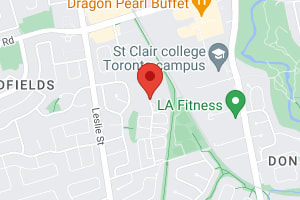
How we see The Giles School
Compare with:
How The Giles School sees itself
"The Giles School is a co-ed, French immersion independent school that also offers a fully-licensed daycare program. Children display superior academic performance across all subjects including English, Mandarin and Spanish. The Giles School is a deliberately small school, and offers an inclusive, innovative and outstanding educational program to prepare Pre-K to Grade 8 students to be “World Ready,” empowering them to be leaders, problem-solvers and innovators."
"THE GILES SCHOOL
Founded in 1989, the Giles School has been expanding young minds through a multilingual and comprehensive environment. Our six pillar philosophy provides an enriched curriculum, with small class sizes, for children Pre Kindergarten through Grade 8 (ages 2-13), with a focus on Language (English, French & Mandarin ), S.T.E.M. programs, arts, music, health/fitness, and co-curricular activities; and empowers individuality, internationality, as well as community leadership."
"The Giles School offers a structured, rigorous curriculum emphasizing languages. While our program is comprehensive and demanding, we are a first come, first served school; therefore, we do not sort or deny candidates based on test results. We work with students in a personalized manner to ensure they have the foundational skills to achieve and then excel in our program. The Giles School offers an inclusive learning environment that meets students where they are to progress in our demanding curriculum."
"Students who are well-rounded academically, love to learn multiple languages and have a great interest in math and science."
"Parents who are looking for specific facilities, including a dance studio, pool on site, etc.....might find our school not appealing ."
"Our commitment and dedication to each and every student, provides a foundation that is unlike most independent schools. We teach with joy, and classes are fun. Our vision is to have well rounded and international ready people of the future."
"We are known for our small classes, high academics, loving environment and excellent community."
"The truly unique experience students receive"
"How much our staff and former Giles School alumni are a part of our ongoing community"
"We added more interesting extracurricular activities for the students, like Musical theatre, Fashion Design, and Art Clay......"
"We are planning on having a technology lab on-site and a cafeteria in our basement."


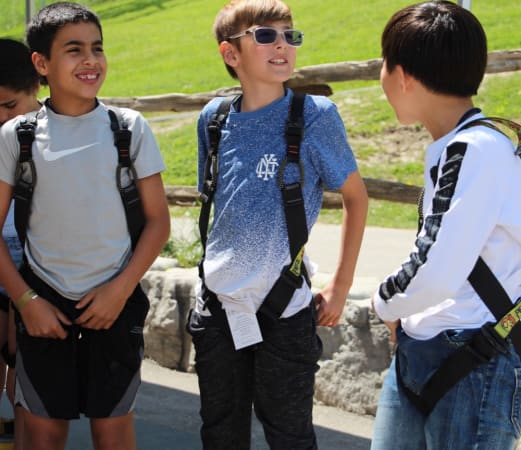
Blue Mountain Fun@Giles

Archery@Giles
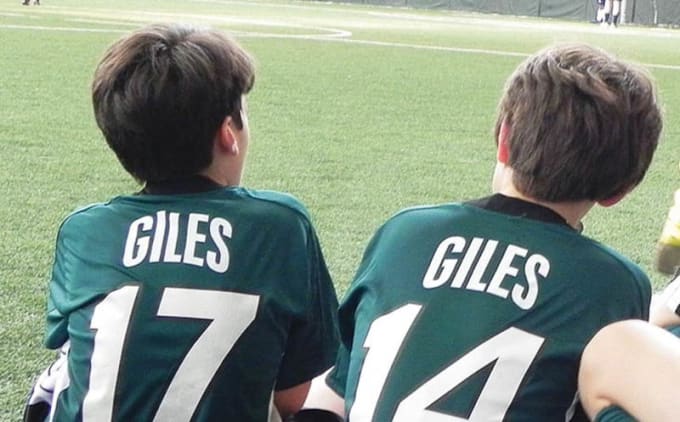
Soccer@Giles




Environmental Art@Giles
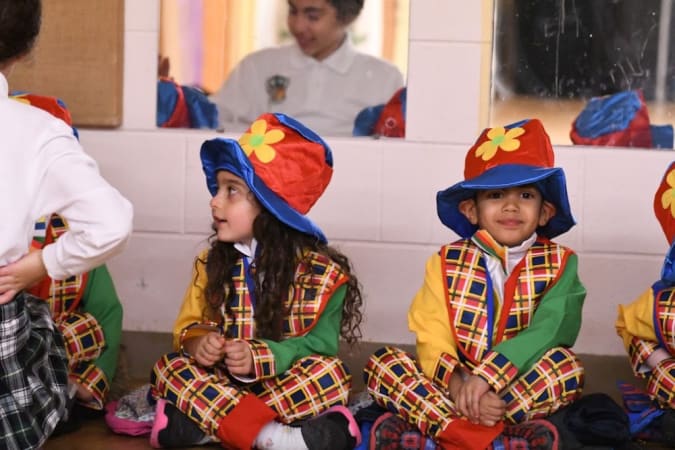
Drama@Giles

Visual Arts@Giles



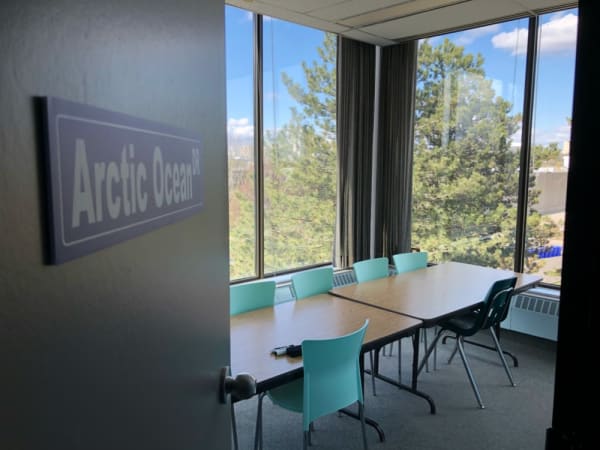

Centre Pompedu (Playroom@Giles)

Bienvenue (Entranceway@Giles)




PK Fun@Giles

SK@Giles
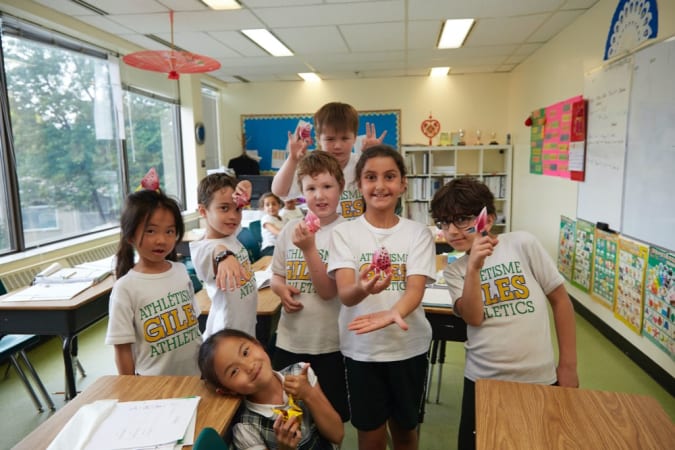






ScienceFair@Giles






Sport@Giles

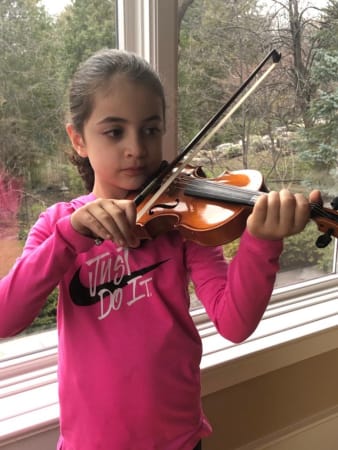
Music@Giles




Graduation@Giles
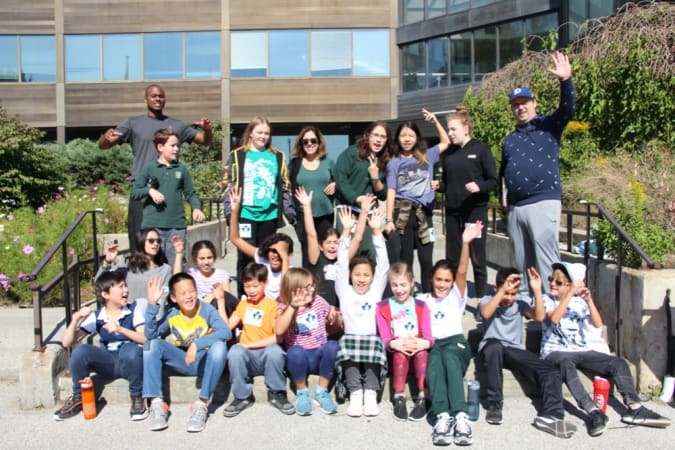
Terry Fox Run@Giles
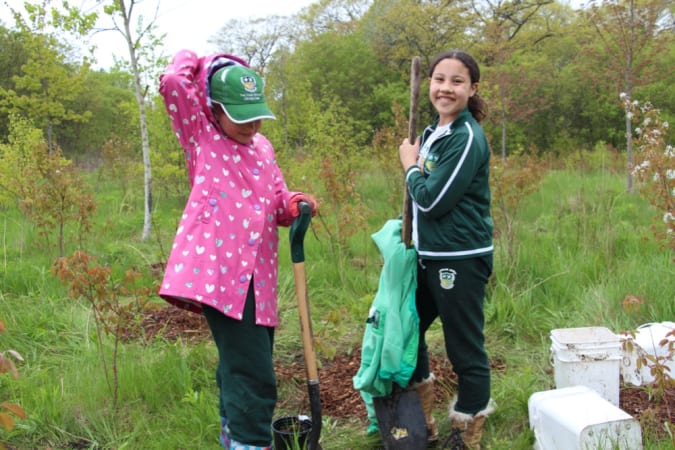
Tree Planting@Giles





How people from the school’s community see The Giles School
Top-down influence on the school’s direction and tone

Caroline Bernaba, Principal
Why did you want to become a teacher?
My love for children draws me to this profession and my passion for making a difference in children's lives.
How long have you been a teacher?
19 years, and I have been working at the Giles School since May 1992.
Where were you teaching before joining the Giles School?
Saint Joseph De L'Apparition in Lebanon
How many Languages do you speak? And what are they?
Arabic, French, English.
What would the students be surprised to find out about you?
I'm afraid of birds and dogs.
What’s the best thing about being a teacher?
The potential of transforming lives. There's never a dull moment in my classroom.
Interests/hobbies?
Riding horses, cooking and travelling.
Do you have a pet(s)? How old is he/she? What is his/her name?
I had a pony when I was a child at my grandpa's farm. Her name was Bella.
Is there a quote or saying that you live your life by?
Focus on the journey, not the destination.
THE OUR KIDS REPORT: The Giles School
Next steps to continue your research:
Continue researching The Giles School with OurKids.net, or visit school website.